
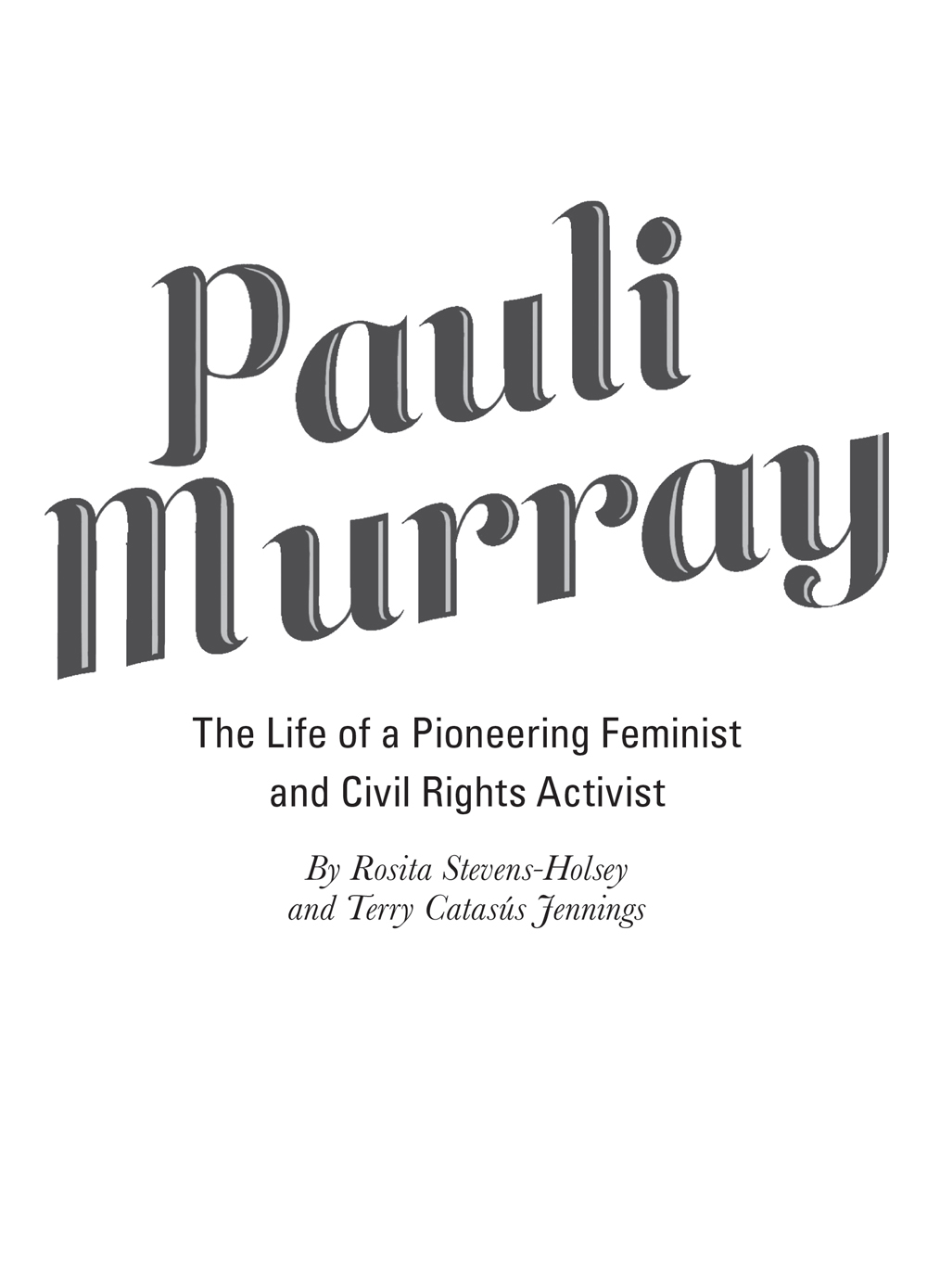

 New York, NY Text copyright 2022 by Rosita Stevens-Holsey and Terry Catass Jennings All rights reserved, including the right of reproduction in whole or in part in any form. Yellow Jacket and associated colophon are trademarks of Little Bee Books. Interior designed by Natalie Padberg Bartoo and Malcolm Jamison For information about special discounts on bulk purchases, please contact Little Bee Books at . Photographs and other imagery were obtained from the Schlesinger Library, Harvard Radcliffe Institute. Manufactured in China RRD 0921 ISBN 978-1-4998-1251-0 (hc) First Edition 10 9 8 7 6 5 4 3 2 1 ISBN 978-1-4998-1252-7 (e) yellowjacketreads.com Then let the dream linger on. Let it be the test of nations, Let it be the quest of all our days, The fevered pounding of our blood, The measure of our souls That none shall rest in any land And none return to dreamless sleep, No heart be quieted, no tongue be stilled Until the final man may stand in any place And thrust his shoulders to the sky, Friend and brother to every other man.
New York, NY Text copyright 2022 by Rosita Stevens-Holsey and Terry Catass Jennings All rights reserved, including the right of reproduction in whole or in part in any form. Yellow Jacket and associated colophon are trademarks of Little Bee Books. Interior designed by Natalie Padberg Bartoo and Malcolm Jamison For information about special discounts on bulk purchases, please contact Little Bee Books at . Photographs and other imagery were obtained from the Schlesinger Library, Harvard Radcliffe Institute. Manufactured in China RRD 0921 ISBN 978-1-4998-1251-0 (hc) First Edition 10 9 8 7 6 5 4 3 2 1 ISBN 978-1-4998-1252-7 (e) yellowjacketreads.com Then let the dream linger on. Let it be the test of nations, Let it be the quest of all our days, The fevered pounding of our blood, The measure of our souls That none shall rest in any land And none return to dreamless sleep, No heart be quieted, no tongue be stilled Until the final man may stand in any place And thrust his shoulders to the sky, Friend and brother to every other man.
Pauli Murray, Dark Testament, Dark Testament and Other Poems
part I
WHY?
AN ACTIVIST IN THE MAKING
Pauli Murray never fit in. Prickly, she was a thorn in the side of those in power. Her work created ladders for others to climb toward equality. She was called a communist and named a saint. A poor child of the Jim Crow South whom Eleanor Roosevelt came to call friend. A poet and a lawyer A woman who felt herself a man trapped in a womans body.
A woman who liked other women. A woman who fell in love with other women. Anna Pauline Murray, who chose Pauli as her name, never fit in. As an outcast, she saw both sides on matters of race and gender. Black in a world where whites ruled, she was brought up in a family of intermingled races. Woman in a world dominated by men, her skills surpassed those of the favored gender, yet lacked the recognition men so easily achieved.
She saw injustice and unfairness with uncommon clarity. And she didnt accept it. She tried to avoid it, sidestepping all that would humiliate her or make her feel less than human. She ran away from it when that didnt work. But as she grew and matured, avoiding the segregation of Jim Crow laws and running away didnt work. So, she stood.
And she fought. Her legal work became the foundation of the laws that brought it down. Brought Jim Crow down. Yet that was not enough. Jane Crow still reigned and women were still less than. Undeserving of the rights of men.
So, she stood. And she fought. To break down the barriers. The barriers that held women back.
ON THE TAIL OF HALLEYS COMET
Anna Pauline Murray arrived on the earth November 20, 1910, on the tail of Halleys Comet. Her parents, Agnes and Will, separated but reunited, rekindled their love, and Pauli was born.
The baby who shouldnt have been, but was. A child of love and reconciliation. Beautiful Agnes, light-skinned, sunny, hot-tempered, and selfless. Some days, people would say Pauli was fiery like her mother. Persistent Will, quick, wiry, energetic, and full of music. Other days, people would say Pauli had her fathers drive.
Pauli was Sundays child, back then a good omen. Sundays child from a nursery rhyme, fair and good and wise and gay. Still, she was different. The Murray childrens world fell apart when Pauli was barely three. Their mother, Agnes, died. Depressed. Depressed.
Not stable enough to care for six children. Only the oldest three stayed with Will, Grace, Mildred, and Willie. Wills sister Rose took the youngest two Rosetta and little Robert Fitzgerald. Rose also wanted to take Pauli. But, before she died, as if warned by a crystal ball that her own life would last no longer than a whisper on a windy night, Agnes, asked her sister Pauline to take care of Pauli. Agnes knew Pauli was different.
A rough board to be smoothed to reveal the fine grain of wood. She trusted no one but her sister Pauline Fitzgerald Dame her best friend. Paulis namesake. Their connection was deep. When Pauli was just a little over one, Agnes, sick and pregnant again, left Pauli with her aunt Pauline for nine months. The bond they forged lasted a lifetime.
Pauline Dame knew her sisters wish. She had lost two babies at birth and loved Pauli as her own. And yet, Pauline Dame gave Pauli a choice to live with her aunt Rose or live with her. Pauli Murrays choice determined the course of her life. She chose Pauline Dame. Paulis life would have been different with Rose Murray Shipleys clan in Baltimore, Maryland.
Living with her siblings. Close to her father. She would have called her aunt Rose Mother, because Rose would have insisted. And memories of her mother and father would have been erased. Instead, Pauline Dame took Pauli south to Durham, North Carolina. To a clapboard house in a place called the Bottoms, where Pauli lived with the Fitzgeralds.
Her grandmother, Cornelia. Her grandfather, Robert. Her aunts, Pauline and Sallie. The house in the Bottoms was a home where Paulis questions about Agnes and Will were answered. Memories of her parents were kept alive with stories and pictures, that filled the void in her heart. And pride. And pride.
Aunt Pauline adopted her and became her mother. In fact and by law. Pauli became her child. Pauli came to call her mother of her own choice.
THE ACTIVISTWAS SHE BORN OR WAS SHE MADE?
One would wonder if it was innate. That sense of fairness and justice that Pauli Murray had.
Or if it was nurtured in the little house in the Bottoms. It wasnt fair, sometimes, at home. How come you give Grandfather three pancakes and me only one? Asserting herself came easily. And early. Everyday, Pauli went to school with Aunt Pauline, even though she was only four or five. Not old enough to be a student.
Cornelia and Robert Fitzgerald were too old to take care of her. Sallie Fitzgerald taught at the school as well. In Pauline Dames classroom, Pauli listened when Aunt Pauline taught her first grade class to read. I can read, Aunt Pauline, Pauli said one day when she stood up with the first graders, and read. Aunt Pauline may have thought Pauli just remembered what other first graders had read, so she gave Pauli a different book, one Pauli hadnt seen before. Pauli read every word.
She was told that a pencil belonged in her right hand, but it felt much better in her left. The disapproval made her feel even more different. Self-conscious. She taught herself to write with both left and right hands. But she didnt think it was fair that she was the one who had to conform.
THE BOTTOMSTHE INFLUENCE OF PLACE
The activist was born but also formed.
In the little house in the Bottoms, her concept of family and her concept of self were totally different from the other five Murray children. They were brought up in Baltimore, Maryland, a city in the North. Not quite as free as the state of New York, one would say, but still, not North Carolina. At first, the little house was a source of pride. Pride of ownership for Cornelia and Robert, different from most Black families. But in time, it became isolating.
Maplewood Cemetery was built behind the house in the Bottoms, with fields separating the house from the final resting place of the whites of Durham, North Carolina. But as the cemetery grew, the graves marched down the hill until they were so near marble angels and headstones became the closest neighbors of the little white house. Walking through the cemetery was forbidden for people of dark skin. But Pauli decided at an early age that a rule, not a law, that some white person made, could be broken. Maplewood Cemetery was a shortcut to everywhere, and she used it. But only during the day.
Next page
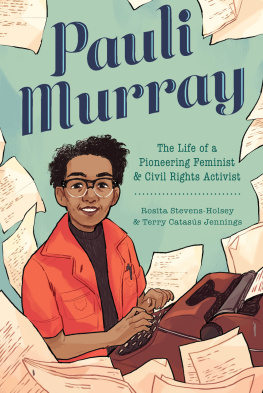
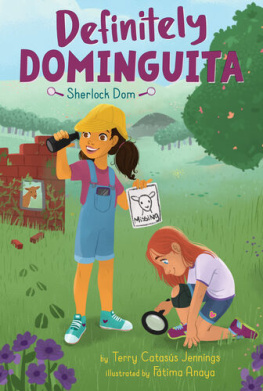

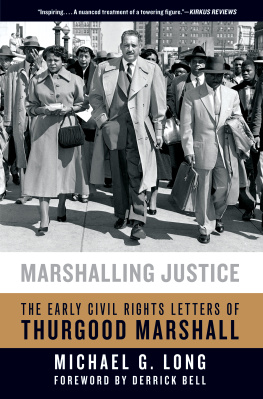
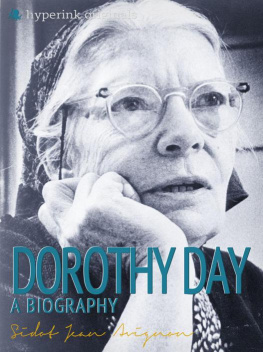
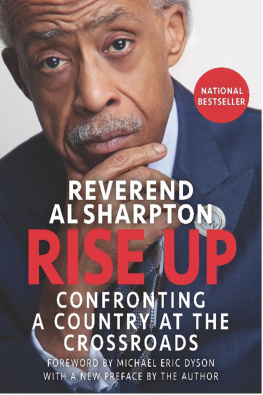
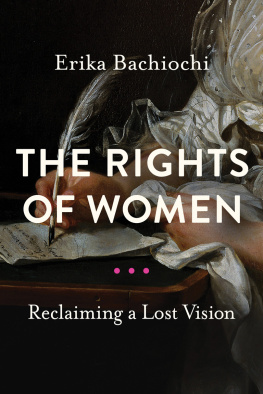
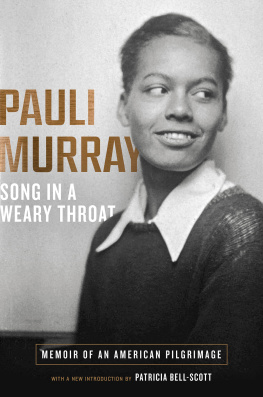
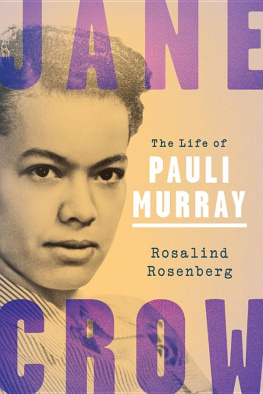




 New York, NY Text copyright 2022 by Rosita Stevens-Holsey and Terry Catass Jennings All rights reserved, including the right of reproduction in whole or in part in any form. Yellow Jacket and associated colophon are trademarks of Little Bee Books. Interior designed by Natalie Padberg Bartoo and Malcolm Jamison For information about special discounts on bulk purchases, please contact Little Bee Books at . Photographs and other imagery were obtained from the Schlesinger Library, Harvard Radcliffe Institute. Manufactured in China RRD 0921 ISBN 978-1-4998-1251-0 (hc) First Edition 10 9 8 7 6 5 4 3 2 1 ISBN 978-1-4998-1252-7 (e) yellowjacketreads.com Then let the dream linger on. Let it be the test of nations, Let it be the quest of all our days, The fevered pounding of our blood, The measure of our souls That none shall rest in any land And none return to dreamless sleep, No heart be quieted, no tongue be stilled Until the final man may stand in any place And thrust his shoulders to the sky, Friend and brother to every other man.
New York, NY Text copyright 2022 by Rosita Stevens-Holsey and Terry Catass Jennings All rights reserved, including the right of reproduction in whole or in part in any form. Yellow Jacket and associated colophon are trademarks of Little Bee Books. Interior designed by Natalie Padberg Bartoo and Malcolm Jamison For information about special discounts on bulk purchases, please contact Little Bee Books at . Photographs and other imagery were obtained from the Schlesinger Library, Harvard Radcliffe Institute. Manufactured in China RRD 0921 ISBN 978-1-4998-1251-0 (hc) First Edition 10 9 8 7 6 5 4 3 2 1 ISBN 978-1-4998-1252-7 (e) yellowjacketreads.com Then let the dream linger on. Let it be the test of nations, Let it be the quest of all our days, The fevered pounding of our blood, The measure of our souls That none shall rest in any land And none return to dreamless sleep, No heart be quieted, no tongue be stilled Until the final man may stand in any place And thrust his shoulders to the sky, Friend and brother to every other man.